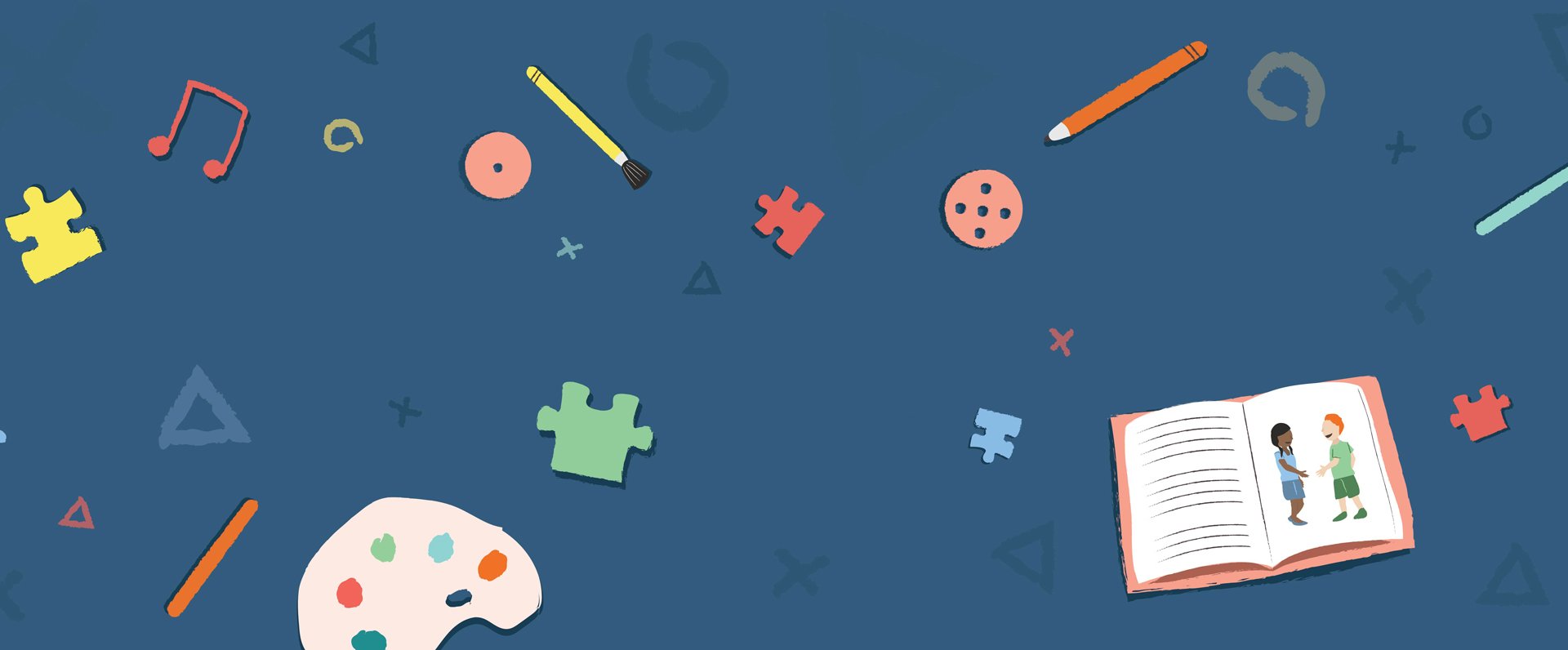

The Science of Early Childhood Development
The LUME Institute transforms the way families, educators and communities inspire young children to learn, grow and thrive. Alongside compelling science, we’re teaching educators how to be present, to connect and to advance relationships in ways that meet children’s need for love, belonging and appropriate power, all while furthering their learning outcomes.
Theory of Change
Developed and refined with support from Harvard University’s Center on the Developing Child, LUME’s Theory of Change is: When educators understand themselves and children more deeply, and as they learn the foundations of relationship-building, they grow in ways that further learning outcomes.
Progress
Emotionally-Responsive Intent
& Intentional Action
Since 2020, LUME has engaged 250+ educators at six institutions in learning experiences based on the LUME Approach. Those educators reported growth in being present, personal reflection and connecting with others.
97% reported growth in emotionally-responsive intent/action overall, and 75% reported growth in advancing relationships with children and others.
Relationship building actions
LUME helps educators understand behavior — children’s and their own — and how to apply those understandings in the classroom.
80% of educators from this same group (250+ since 2020) reported changing their classroom practices, specifically by being an emotional partner with children, being more calm and forgiving, and being more aware of actions and interactions.
Emotional Development
& Learning Outcomes
Emotional and academic assessments of children entering and leaving UCCC show marked improvements in emotional development and learning outcomes.
Over a six year period, assessments showed 13% of children entering UCCC had an emotional development need, while just 2% of children leaving UCCC for kindergarten had a need.
Improved learning environment
LUME principles are in daily demonstration at University City Children’s Center (UCCC). An independent observer assessed UCCC’s classroom environment and its potential to foster emotional and social development.
The observer noted UCCC’s interactions and behaviors as promoting a mentally healthy climate that exceeds national averages.
Learn more about the theory of change.


